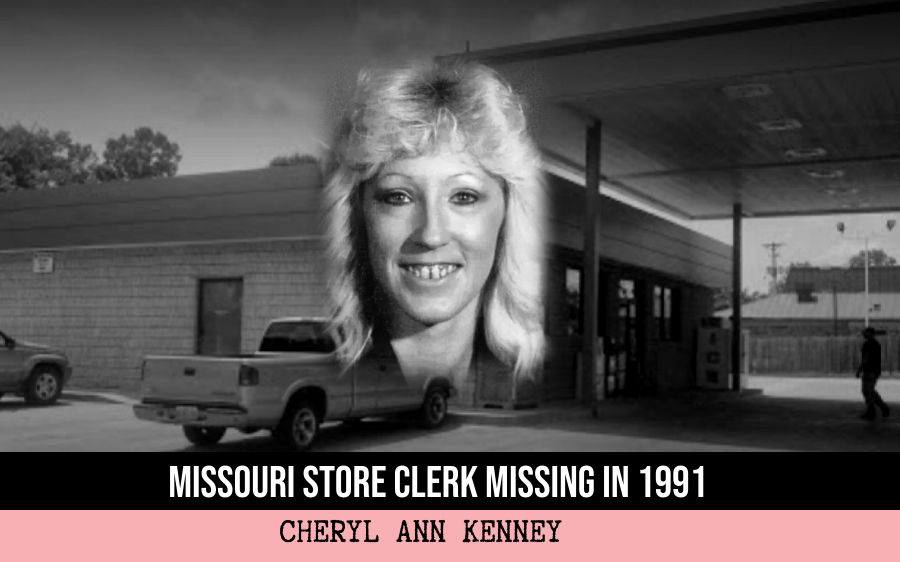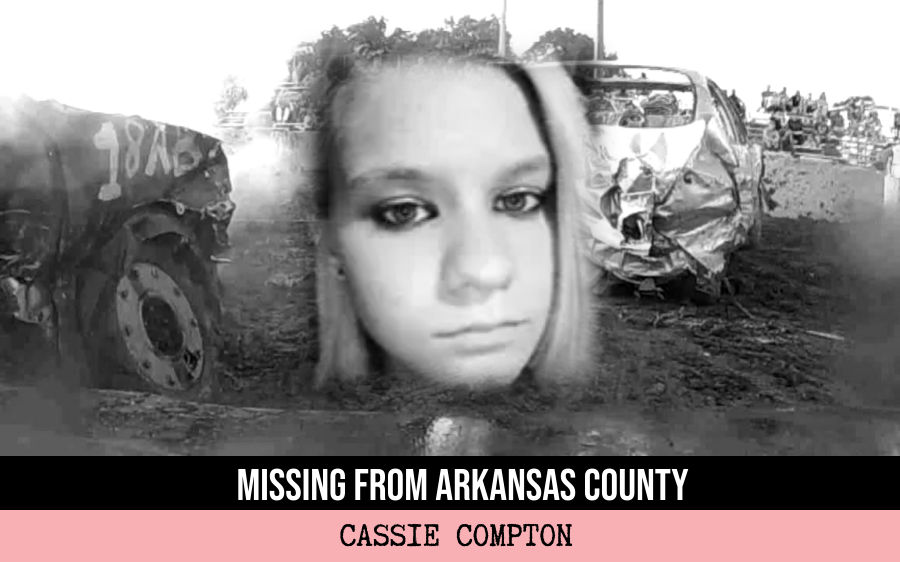South Arkansas murder mystery has gone unsolved for over sixty-eight years
- Back Road Mysteries Staff

- Jul 14, 2020
- 3 min read



(From the Encyclopedia of Arkansas...)
John Thurman McCool, a prominent businessman from Pine Bluff was rebuilding his life after serving a prison sentence for forging state treasury warrants when he was shot to death outside Sheridan in 1962.
The mystery surrounding the killing and the strange circumstances of his life in the six years prior to it made the murder a subject of rumors of a mob killing, of revenge, and of silencing a man who knew too much, although no evidence of any of those motives ever emerged.
McCool was forty-eight years old when a rabbit hunter discovered his frozen body slumped over the steering wheel of a 1960 Pontiac at the Hardin Cemetery east of Sheridan on January 11, 1962.
The mysteries had begun five and a half years before his murder, on August 21, 1956, when state officials reported that someone had forged three state warrants totaling $85,073.80 for payments to McCool’s company, the Office Supply and Equipment Co. of Pine Bluff.

The money was deposited in the company’s account at Simmons National Bank in Pine Bluff, and McCool immediately withdrew $3,750 in cash and gave payroll checks to his employees with instructions to cash them immediately.
The checks bounced.
A bookkeeper in the state treasurer’s office spotted the forgeries after finding discrepancies in account numbers. Blank warrants had been stolen from the state auditor’s office, and the auditor’s signature had been photographed and forged on the stolen state warrants.

McCool, who frequently did business with state government agencies, had been in the auditor’s office inquiring about procedures for processing warrants and had asked for blank warrants but was denied them. He told the employees there that he was doing an undercover investigation for the Arkansas State Police. No voucher supported any of the warrants.
An article about the forgeries and an investigation by state, federal, and Jefferson County officials appeared on the front page of the Arkansas Gazette the next day, August 22. The article reported that McCool could not be reached for comment; his wife, Hermine Maas McCool, said that he had left that morning on a business trip to southeastern Arkansas and had not returned.
Late that evening, before the article was published, a soaking wet and bleeding McCool stumbled into his home in Pine Bluff and collapsed. He had been beaten severely and had been shot in the left arm.

People had seen him during the afternoon at a small lake south of Pine Bluff that was popular with swimmers and fishermen. He was admitted that night to a Pine Bluff hospital. He refused to speak to any law enforcement officers about his injuries or the forgeries.
The investigation of the shooting and beating was abandoned, but he was charged with three counts of forgery and uttering (forgery is creating a forged document, while uttering is using a forged document with the intent to defraud).
In October, he pleaded guilty to all three counts and was sentenced to five years in prison. His friend and attorney, Reggie A. Eilbott of Pine Bluff, spoke to the court about McCool’s combat record as a naval officer in World War II (five battle stars), his good deeds in the community, his family (three children, one eight months old), and the lack of any effort to hide his guilt.

McCool was paroled from prison in August 1958, and Governor Orval E. Faubus pardoned him in 1960. He rebuilt his business and became a partner in an office supply store and a printing company at Pine Bluff.
On the evening of January 8, 1962, McCool’s wife and a business partner reported him missing. He was supposed to visit customers in Sheridan and England that day and had missed both appointments. A heavy snow fell that night, and the search began the next day. His car and bullet-riddled body were found in deep snow at the cemetery two days later. He had been shot in the chest seven times with a .45-caliber pistol by someone sitting in the car with him. The snow around the car was undisturbed.

The investigation riveted the state for weeks. Lawmen and prosecutors said little about the case except for speculation that he might have been carrying a large sum of money, but the next week they hinted that they were close to a breakthrough in the case that might have “out-of-state implications.” Two Pine Bluff men passed lie-detector tests, the investigators fell silent, and the controversy gradually dissolved except for occasional newspaper articles resurrecting the mystery.

The case moved instead into the civil courts with disputes among creditors about who was entitled to what was left of McCool’s estate. The Internal Revenue Service received all but $2,000 of it for delinquent taxes.

Scores of business machines, many of which had been ordered two years earlier by Arkansas AM&N College under a blank contract with McCool signed by the college president, were missing from McCool’s company. He had never delivered the machines.
McCool is buried in Graceland Cemetery in Pine Bluff.







Comments